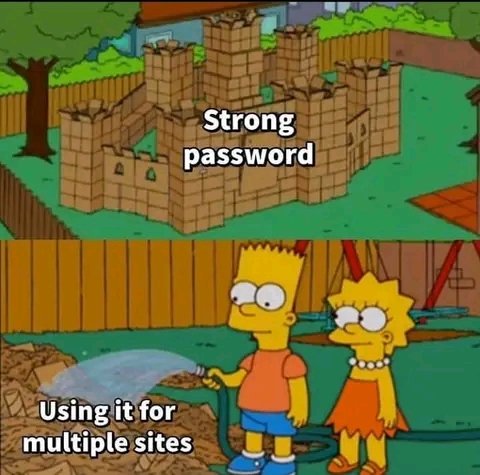Decentralized healthy governance - is DPOS the answer?
If you're searching for technical knowledge, please go to the bookstore, I'm only about to throw a few shots here.
Maybe you've seen my previous post on Aave, was more of a rant, than anything else, but I figured it's a valid way of passing a message and not boring people out.
On that note, let's talk a bit about "Decentralization" "Consensus mechanisms" "Tokenization" and how it all collectively matters for a healthy economic structure.
Representatives are important
This is what "proof of work" "proof of stake" and all the rest that you can think of lack. You can't have a system where everyone is expected to do the same or similar jobs, protecting a chain isn't everyone's job obviously, and that's something that most definitely can't be done by that many people.
It's very unlikely to have any ecosystem with even a count of 10% tech-savvy individuals, or what do we love to call ourselves? Developers, yeah?
If we're being honest, most people don't know how to print "hello world" in python even after having seen the video many times, it's not a bad thing, that's the way things are supposed to be.

Replace "password" with "Blockchain" and the other slide with the "lack of a community" and its "Representatives"
I spent the last couple of days reading up on how Bitcoin works exactly, cause I don't know, I'd like to feel more confident talking about these things, and I realized that truly, it's a crazy experiment, one that comes with quite the cost, but when you're looking at the innovation side of things, where there are heavy amounts of scaling factors to consider, that's where you just want to look away from Bitcoin.
Why so?
Tokenization
We love to say tokenization changes things, I agree, but you see, bitcoin(as in the coin) ain't no token, and so has no direct influence on the network, which look at it as you may, is a weakness, I bet you can't name 3 reasons to hold Bitcoin that it in any way merit the chain itself. If we're being honest with ourselves, Ethereum has more chances of scaling from a utility point of view, because, at the end of the day, that's what matters, how useful something is.
They don't call the dollar the strongest currency because it appreciates in price over time(it actually does the opposite), but because it has a "utility structure" but somehow, it doesn't turn out all great because from the root, it's based on a poorly structured economy, but that aside, back to decentralization, DPOS and of course, tokenization.
A DPOS(HIVE) is structured like this:
Blockchain—Token—Users—Tokenized Users–Representatives and then back to blockchain, repeat.
Shall we talk about democracy? A quick definition goes like this: the government of the people, for the people, and by the people.
People find it difficult to differentiate between POS and DPOS, the reason being that most things are based on "stakes" but they ain't exactly the same, and here's how:
In a proof of stake blockchain, your ability to climb up the charts on network influence is based on your personal wallet, but a DPOS makes it possible for many accounts to place a "reputable Representative" to mount that influence on the network. Bitcoin mining pools share a similarity, only that people involved only care about "rewards" and are not really interested in anything developments or governance, plus tokenization isn't even the case here, because why? We're dealing with hash rates here and not a token.
So practically, a DPOS makes it possible for any "community member" to earn leadership and influence on the chain, without even being the one with the fattest wallet.
This concept puts aside many flaws of the present governance structures around the world, first because it's purely based on individual assessments and two because there's a cost, and that becomes an interest to protect.
In the traditional governance system, there aren't any costs, literally, and most times people vote without interest, so both the government and its citizens have no interest to protect.
But a DPOS system has the chain functionality, the economy, and also, it comes with a number of expectations like "value delivery" or else, there won't be any atom of support.
Having representatives do the job is first empowerment and then, a powerful tool for development.
Posted Using LeoFinance Beta
Posted Using LeoFinance Beta